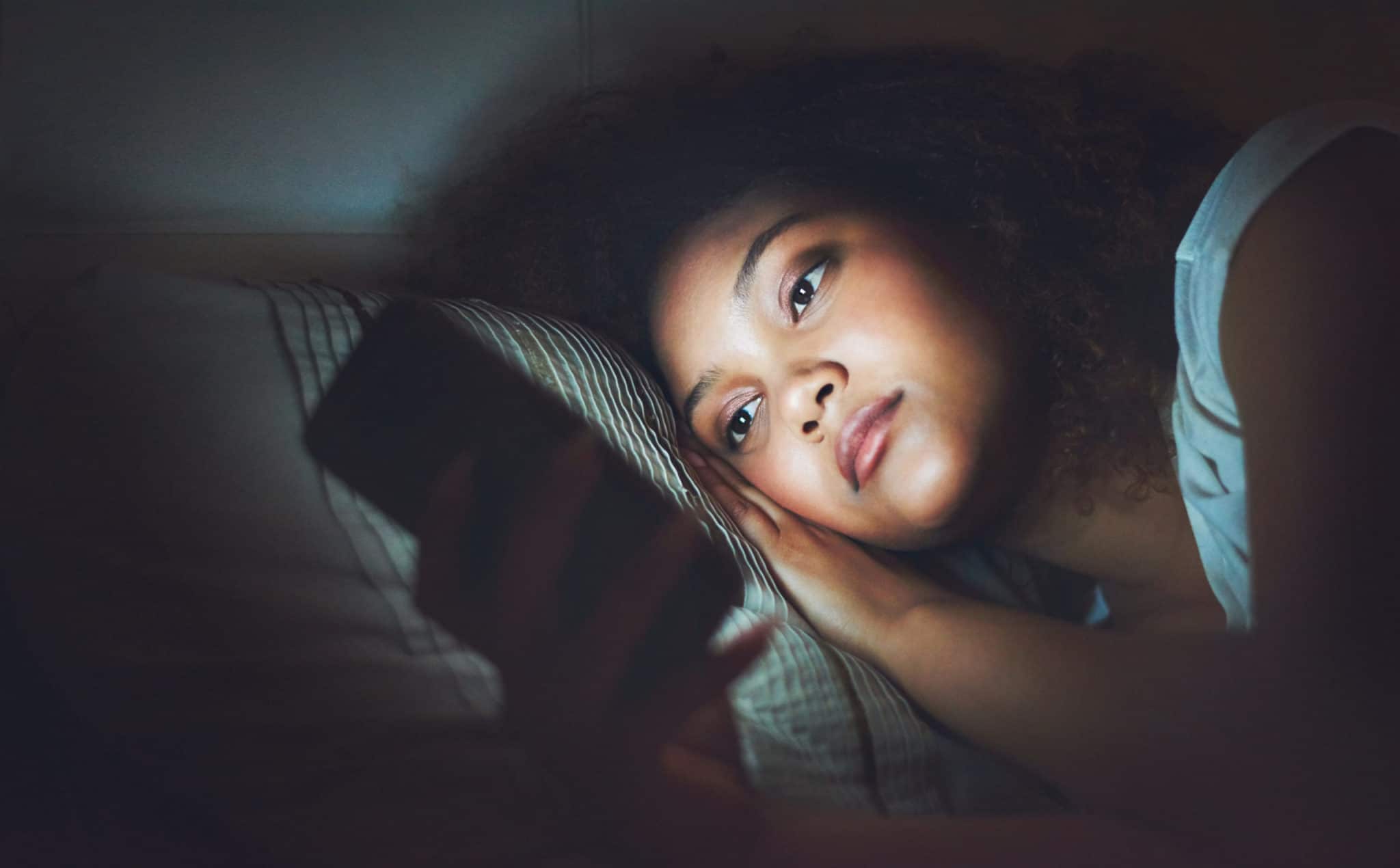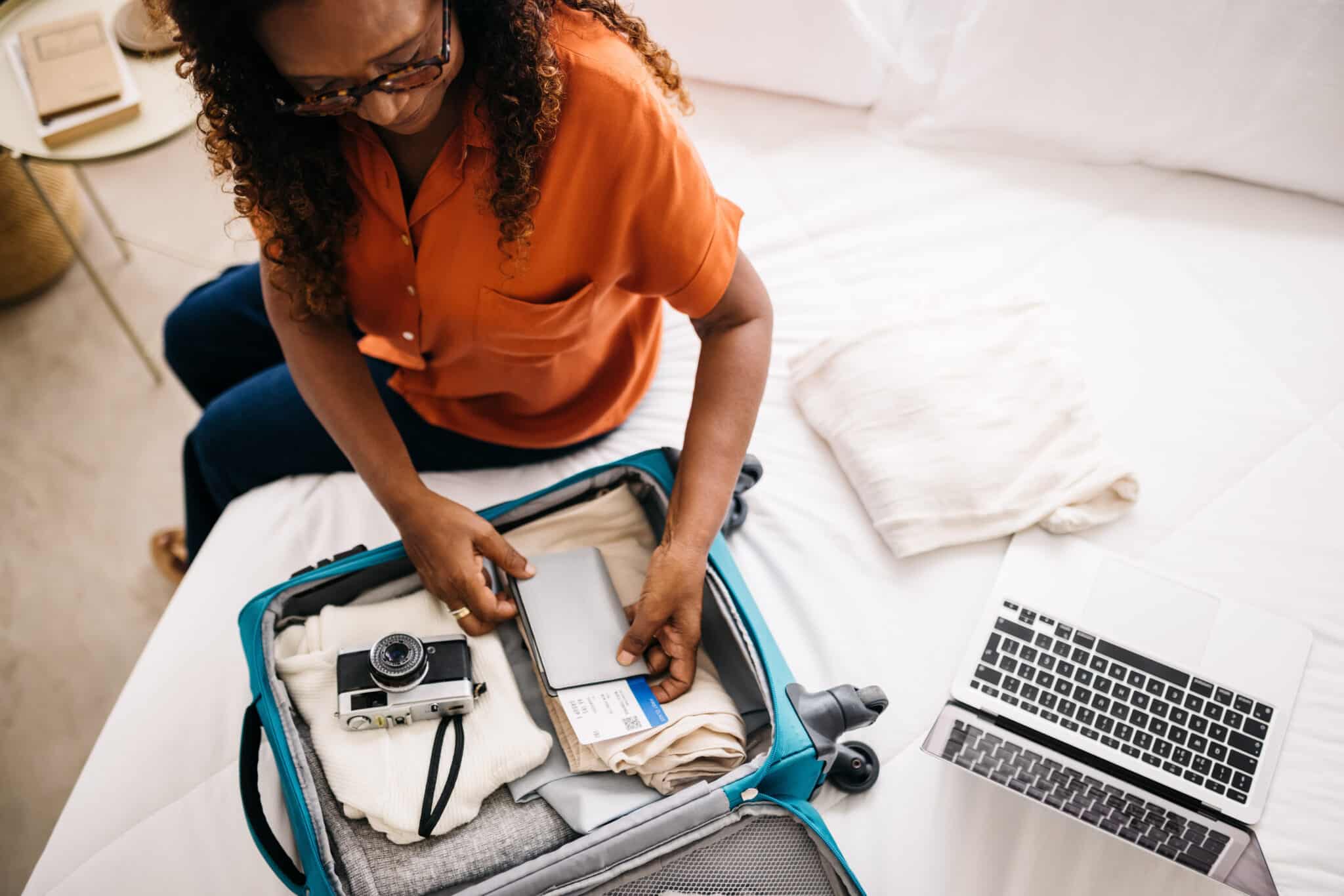It’s no secret that sleep is essential for a healthy lifestyle. However, students in particular may struggle to balance a solid sleep schedule with their course workload.
The effects of sleep deprivation on students can be debilitating. Avoid contributing to teenage sleep deprivation statistics with these healthy sleeping habits for students.
How to Create Healthy Sleeping Habits for Students
Knowledge is Power! Know the Effects of Sleep Deprivation on Students
Teenage sleep deprivation statistics show that students can exhibit both emotional and physical issues when they’re not practicing healthy sleep habits. In the classroom, students may experience difficulty with:
- Attention
- Memory
- Analytical thinking
Sleep deprivation may also cause:
- Irritability
- Impulsive behavior
- Physical aches and pains
Sleep is also beneficial for the development of the immune system, along with social and emotional well-being.
Create (and Stick to!) a Sleep Routine
There’s no denying the importance of sleep for students, especially when juggling school work, part-time jobs, and family obligations. One way to avoid the effects of sleep deprivation on students is to create a consistent sleep routine.
Is five hours of sleep enough for a college student? The answer is no. The Sleep Foundation says that teens need a minimum of eight to 10 hours of sleep each night. So, students need to try their best to go to bed and wake up at the exact same times through the week and on the weekends.
Sleep aides can also help with establishing sleep routines. For example, the Casper Glow Light offers natural cues to help with sleep. The warm light is designed to help people wind down before bed as it gradually dims to darkness. When it’s time to wake up in the morning, the light illuminates the room with a soft, sunrise-like glow.
Boost Classroom Performance by Getting to Bed Reasonably Early
According to a study published in Science Daily, students who go to bed at 2 a.m. or later tend to not perform as well in the classroom or on tests when compared to students who get to bed earlier. In addition, the effects of sleep deprivation on students are even more prominent when they’re not tucked in before 2 a.m.
If you or the student in your life needs some nudging to get to bed earlier, consider the @aroma Sleep Sheep, which is a 100% wool-felt sheep diffuser that emits soothing and relaxing essential oils.
Minimize Screen Time, Especially Before Bed
Although technology is a big part of a student’s life, too much screen time can impact the ability to fall asleep or stay asleep. Create a media curfew so that a student’s brain can wind down before bed and can better focus on blissful sleep.
With minimal light exposure right before bed, it’s likely to be able to meet or exceed the minimum hours of sleep for college students the Centers for Disease Control and Prevention recommends.
Should I Let My Teenager “Catch Up” on Sleep by Sleeping All Day?
As parents, it may seem normal for a teenager to sleep all day to “catch up” on sleep. But the reality is that your teenager or college student is wreaking havoc on their internal clock by doing so.
Just as it can be detrimental to go to bed after 2 a.m., it can also be just as damaging to sleep until 4 p.m. Instead, stress the importance of sleep for students while establishing healthy sleep habits.
For even more of a reason to wake on time, consider the Joy Resolve Barisieur Coffee Alarm Clock. Not only does the alarm sound, but it brews a pot of coffee or tea that’s waiting when it’s time to get out of bed.
Students need routine to succeed academically, socially, and emotionally. Make sleep possible, enjoyable, and a part of a healthy routine with these simple tips.






